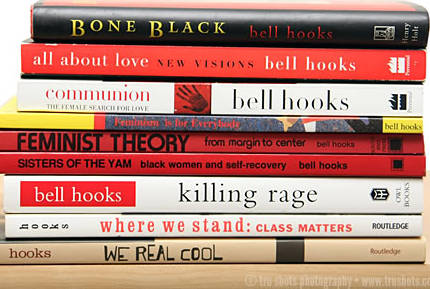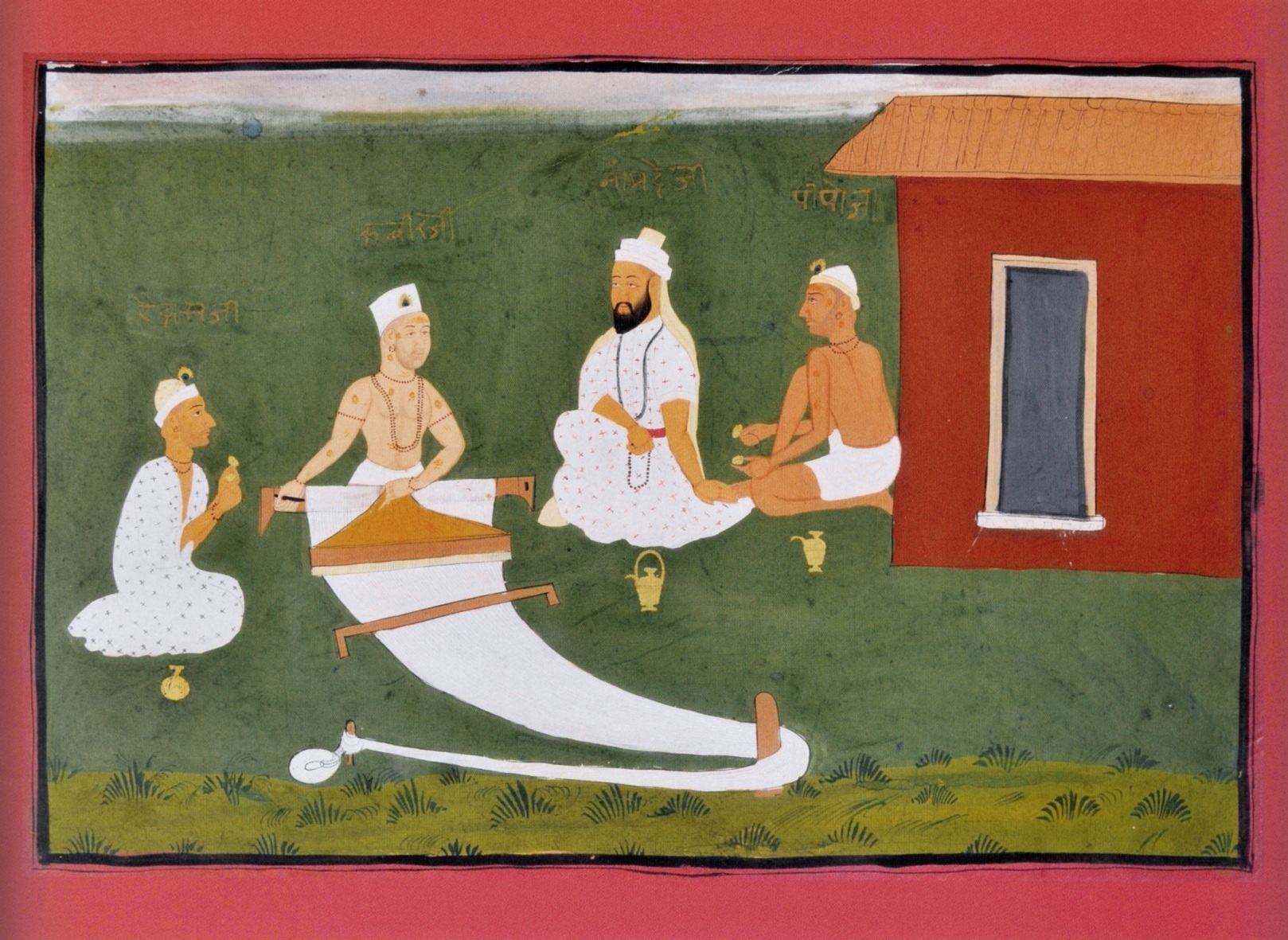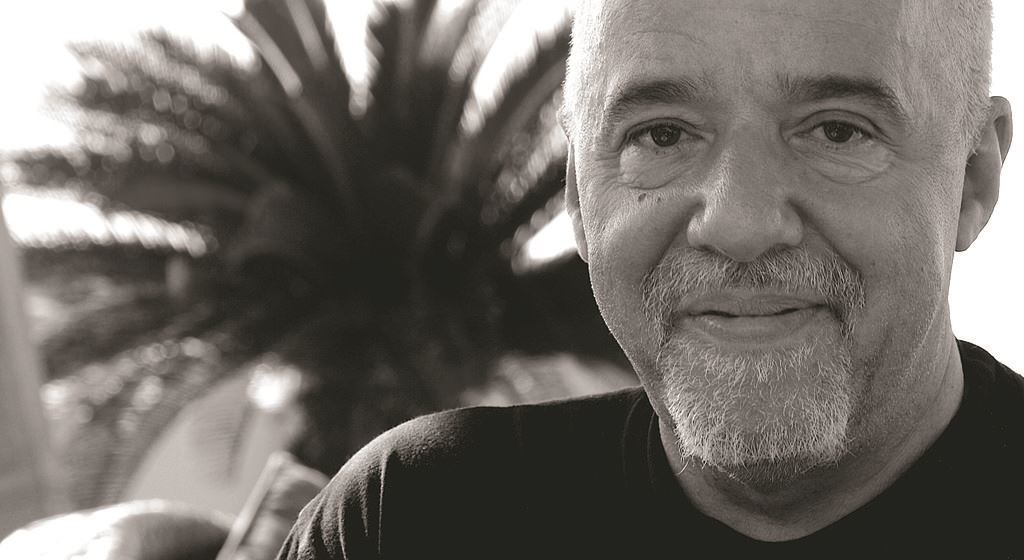In this dark world characterized by greed, violence, consumerism and narcissism, Acharya Mahaprajna’s wisdom enchants us and purifies our souls. The poetry of this wandering monk—and beautifully translated by Sudhamathi Regunathan—ought to make us reflect on the possibilities we are endowed with.
(1)
Resist not darkness
It has been empowered by destiny
The sun will rise again.
Defy not the closed door
It knows the secret of liberation
Bondages will find release.
(2)
There are many who have eyes
But few are those
Who see.
(3)
That which silence said
lasted.
That which words said
were wept away.
(4)
At the beginning and end
of this sentence
are full stops.
In the evening lies the morning
In the morning, the evening.
The divine is within
And the divine is without.
(5)
‘Someone bear the burden
of bringing infinity to light’,
said the lamp.
‘The burden I can take
is to bring light to this hut.’
(6)
The world belongs to him
who has a dream in his heart.
The one who lives within himself
to him the world has no meaning,
And to the world
he is of no use.
(7)
The stars above
want to come down to earth,
And the trees below
want to reach up to the sky.
But happiness is neither up
nor down.
(8)
Difficult it is
to live in the present
Desiring summer in winter
and winter in summer
The name of desire is tension
We do not know how to live in the present.
Nor to desire what is
But want only what is not.
(9)
Always open are
the doors to the sky
Search for wings
that can fly.
(10)
The height of the peak
These eyes cannot measure
The tugging of the heart
These eyes cannot feel
These feet alone can know
The distance to the peak
These wounds alone can know
The power of these emotions.
SOURCE: Acharya Mahaprajna, The Sun Will Rise Again: Selected Poems (Translated by Sudhamathi Regunathan), Penguin/Viking, 2008














